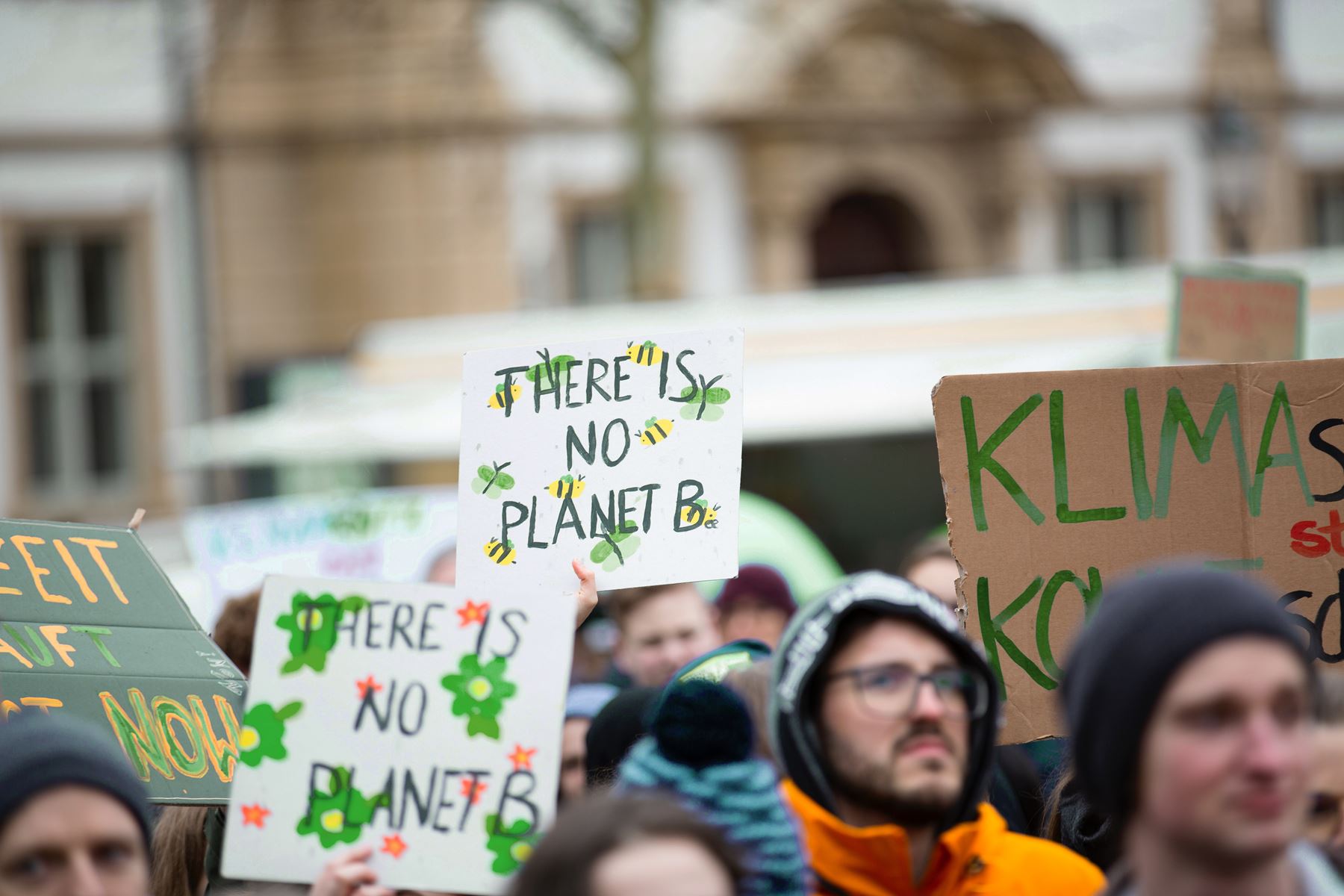Myths on sustainable public procurement thrive
Ecolabelling Sweden wants swedish elected representatives in the EU to have both the knowledge and the ambition to steer towards a sustainable public procurement. To test the candidates for EU, a questionnaire was sent out to the top ten ones on the lists. The survey shows that the will is there, but there is rather poor knowledge and old myths thrive.

Each year, the public market in the EU generates € 2 billion (14% of EU GDP) – mainly from tax revenues. But far too few public procurers make demands on the environment and social aspects when dealing with different industries. More than half of EU procurements have low prices as the norm, which shows that due regard is not being paid to sustainability issues.
– The environment and the climate require us to act now. We cannot afford to waste time on poorly designed procurements,” says Ragnar Unge, CEO of Ecolabelling Sweden.
The survey shows:
- There is a cross-party consensus that sustainable public procurement is an important issue to pursue in the European Parliament. Almost all candidates, 97%, intend to pursue this issue.
- Myths thriving: It is more expensive to procure ecolabelled products, and that there is not enough evidence to show otherwise.
– It’s worrying that these myths are still alive. And it is noteworthy that one of four candidates is not aware of the new opportunity to use ecolabelling in the procurement processes. The legislation now provides an opportunity to make requirements according to ecolabels. Doing so in public procurement is thus very resource efficient. We, who are responsible for the Nordics’ official ecolabel, the Nordic Swan Ecolabel, and the EU's equivalent, EU Ecolabel, offer updated, tough requirements and perform both control and follow-ups”, says Ragnar Unge, CEO of Ecolabelling Sweden.
Ecolabelling Sweden wants the Swedish EU parliamentarians to work for:
- Creating alliances across party borders in both Parliament and the European Parliament. Unity provides a long-term view of public procurement work and contributes to achieving environmental and climate goals more quickly.
- Setting goals for sustainable public procurement to become a resource and cost-effective tool for achieving the UN's global environmental and climate goals.
- The EU's own bodies should set an example for both member states and the rest of the world through sustainable public procurement.
- Simplifying EU procurement legislation to make it even easier to use ecolabelling as a tool.
Facts
What does the EU want? The EU has a strategy for green and socially sustainable and innovative procurement. This ambition is also stated in the EU procurement directives that have been incorporated into the Public Procurement Act (LOU: 2016: 1145 § 12 Marking).
The myth that ecolabelled purchases automatically leads to more expensive products lives on. Almost 4 out of 10 "partly agree" that ecolabelling leads to increasing costs for the contracting organization. Environmental requirements in accordance with the Nordic Swan Ecolabel and the EU Ecolabel can be set at public procurement without risking higher costs. A new study from the Danish Environmental Protection Agency shows this clearly.
The myth that there would not be a sufficiently supply of green products lives on in 40% of the candidates. This is wrong. There is a large selection, only in Sweden there are a total of 48,769 different types of goods and services (April 2019) being checked by the ecolabels behind the campaign ModUpp2020: Nordic Swan Ecolabel, EU Ecolabel, Fairtrade, KRAV, Good Environmental Choice, TCO Certified and MSC.
For more information, please contact:
- Anna Norberg Head of PR and Press +46 (0)8 - 55 55 24 13 anna.norberg@svanen.se
